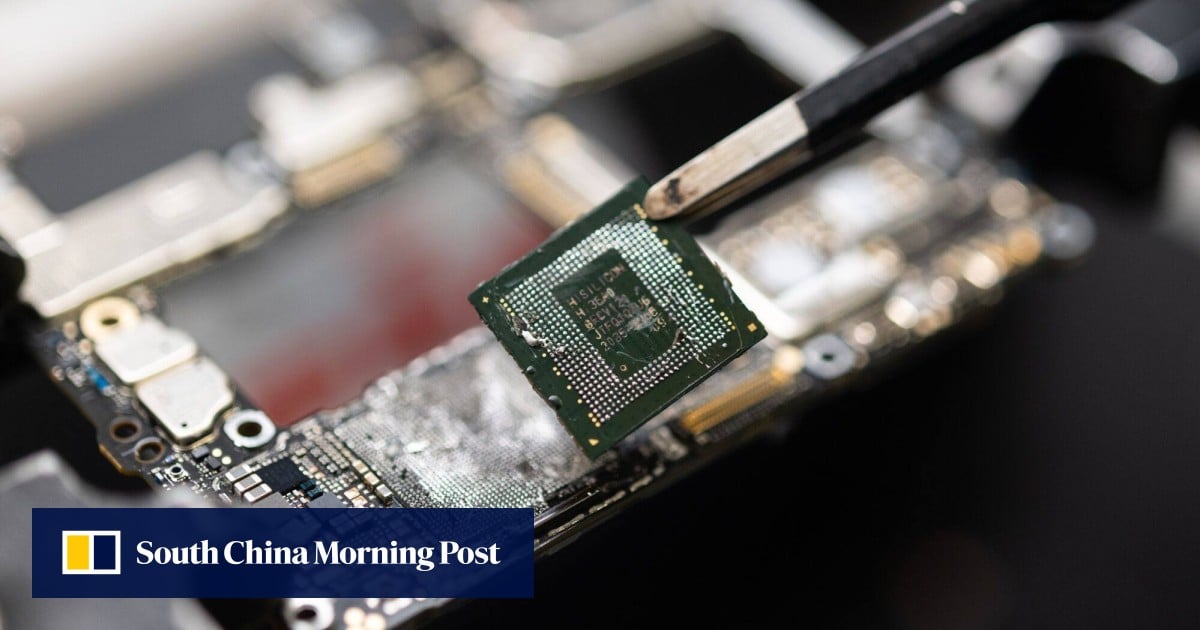Under Secretary of Commerce for Industry and Security Alan Estevez was questioned about the 7-nanometre processor that SMIC made for Huawei during testimony before lawmakers Thursday. When asked by Foreign Affairs Committee Chairman Michael McCaul whether SMIC violated US controls, Estevez said “potentially, yes”.
“We’ll assume that it was SMIC,” Estevez said. “I can’t talk about any investigations that may or may not be going, but we certainly share those concerns, and that’s certainly the reporting.”
SMIC reports lower revenue, income for 2023 amid weak market, stiff competition
SMIC reports lower revenue, income for 2023 amid weak market, stiff competition
Estevez described SMIC’s manufacturing process as “low-yield”, repeating past comments from Commerce officials questioning China’s ability to produce advanced chips at scale and at a consistent performance threshold.
Estevez heads the agency’s Bureau of Industry and Security, which is responsible for chip export controls and sanctions that the Biden administration hopes will kneecap China’s semiconductor ambitions. President Joe Biden has introduced sweeping restrictions on the ability of Chinese companies to purchase advanced chips and chipmaking gear from American firms, and persuaded key allies including the Netherlands and Japan to introduce their own curbs.
That equipment was exported to China before US and Dutch curbs limiting such transactions went into effect, Bloomberg News has reported.
“They did access tools before we put in our tool controls – not the highest-end tools, but the level just below that,” Estevez said. “Those tools will ossify over time and that process will be degraded.”
The Bureau of Industry and Security said in September that it is probing the “purported” 7-nm chip, and Raimondo has vowed the “strongest possible” action to protect US national security. The Biden administration is considering sanctioning Huawei’s secretive network of potential chipmaking partners, as well as a couple of firms officials say could purchase restricted equipment and sell it to the telecoms giant.
American officials are also pushing their Dutch and Japanese counterparts to tighten their chip controls – and trying to persuade Germany and South Korea to join the arrangement, particularly to stem the flow of spare parts from those countries to China.
Republican lawmakers including McCaul have pushed the Biden administration to fully cut off Huawei and SMIC from their American suppliers.







